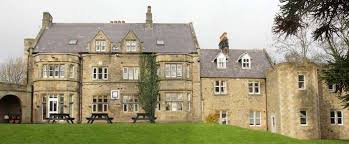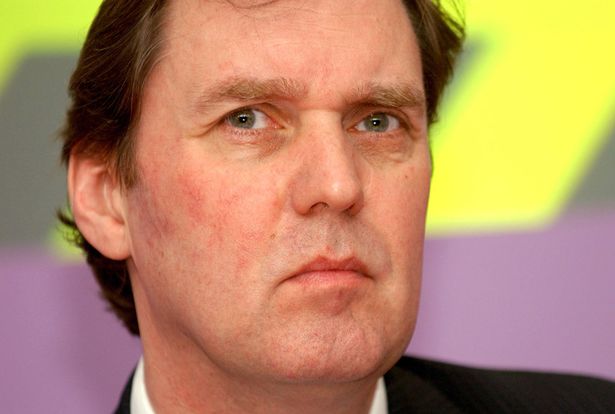The head of the taskforce set up to review inpatient services for people with learning disabilities in the wake of the Winterbourne View scandal has called for immediate action to end institutional care after an investigation by BBC’s Panorama uncovered abuse at a hospital operated by Cygnet Healthcare.
Echoing the Winterbourne View exposé of 2013, the programme contained footage of patients being physically and mentally abused by staff at Whorlton Hall – a specialist 17-bed unit for patients learning disabilities and complex needs. One expert who reviewed the footage described the actions of some staff as ‘psychological torture’.
The facility has now been closed and 16 members of staff suspended while police carry out a criminal investigation.
Sir Stephen Bubb, whose report Winterbourne View – Time for Change was commissioned by NHS England in 2014, said on Twitter that new laws are needed to enable families to challenge care decisions and reiterated calls for an independent commissioner for people with learning disabilities who can investigate and intervene in abuse cases.
He said another government review would amount to an ‘excuse for inaction’ and criticised ministers for failing to implement his original recommendations five years ago. Following the Winterbourne view scandal, where staff were filmed abusing patients at the Castlebeck owned facility, Bubb and his team urged the government to invest in alternative community facilities and set out a charter of rights for people with learning disabilities.
‘If the government do not act decisively on the evidence of abuse in Panorama, then they are failing the most vulnerable people in society: the abusive system of care for people with learning disabilities based on institutions must end. They must close. Act now,’ said Bubb.
The NHS Long Term Plan, published in January, pledges to reduce inpatient provision for people with learning disabilities and autism to less than half of 2015 levels by 2023. This would roughly equate to around 1,440 beds from the current 2,325.
However, in an interview with BBC Radio Four’s Today programme this morning, Bubb said the government needed to take more decisive and immediate action.
‘Institutional care is by its nature is abusive,’ he said. ‘It’s a Dickensian way of treating some of our most vulnerable citizens…As a regular practice in these institutions, people are put in seclusion, they are over-medicated and they are often subject to physical restraint. That is not a correct way to handle very vulnerable people.’
Originally operated by Winterbourne View owner Castlebeck, Whorlton Hall became part of Cygnet at the start of this year under its acquisition of Danshell Group and was rated ‘Good’ by the CQC in 2017.
Bubb said the CQC needed to review how it is inspecting and rating facilities and work with community providers in order to become part of the solution.
The CQC reinspected Whorlton Hall last March following whistleblowing. Inspectors identified a number concerns around staffing and individual supervision and found the facility in breach of regulations.
However, CQC deputy chief inspector of hospitals Dr Paul Lelliot said: ‘It is clear now that we missed what was really going on at Whorlton Hall, and we are sorry. The patients we spoke to during this inspection told us they felt safe and had not experienced aggression towards them. We also spoke to health care professionals who had formal caring roles for patients at the hospital, but who were independent to the hospital; they did not raise any concerns. This illustrates how difficult it is to get under the skin of this type of ‘closed culture’ where people are placed for long periods of time in care settings far away from their communities, weakening their support networks and making it more difficult for their families to visit them and to spot problems. When you add staff who are deliberately concealing abusive behaviour, it has the potential to create a toxic environment.’
Lelliott said the majority of people with a learning disability and/or autism are receiving good care but that ultimately, hospitals are not the right place for some people.
‘People with a learning disability or autism who have complex needs should have expert, person-centred care close to home – our interim report into restraint and segregation reinforces this message. This care must start early in life and provide support in a crisis, to prevent the need for hospitalisation,’ he said.
In a statement, Cygnet said: ‘We are shocked and deeply saddened by the allegations made against members of staff at Whorlton Hall, part of the Danshell Group, which Cygnet recently acquired. We take these allegations extremely seriously. We have suspended all the members of staff involved, simultaneously informed all relevant authorities, including the police, who have now instigated an inquiry and we are cooperating fully with their investigation.
‘We have taken the initiative of transferring all the patients to other hospitals. The safety and care of our patients and residents is of paramount importance and we have zero tolerance of unprofessional conduct towards them.’








 ©2024 All rights reserved LaingBuisson
©2024 All rights reserved LaingBuisson 


